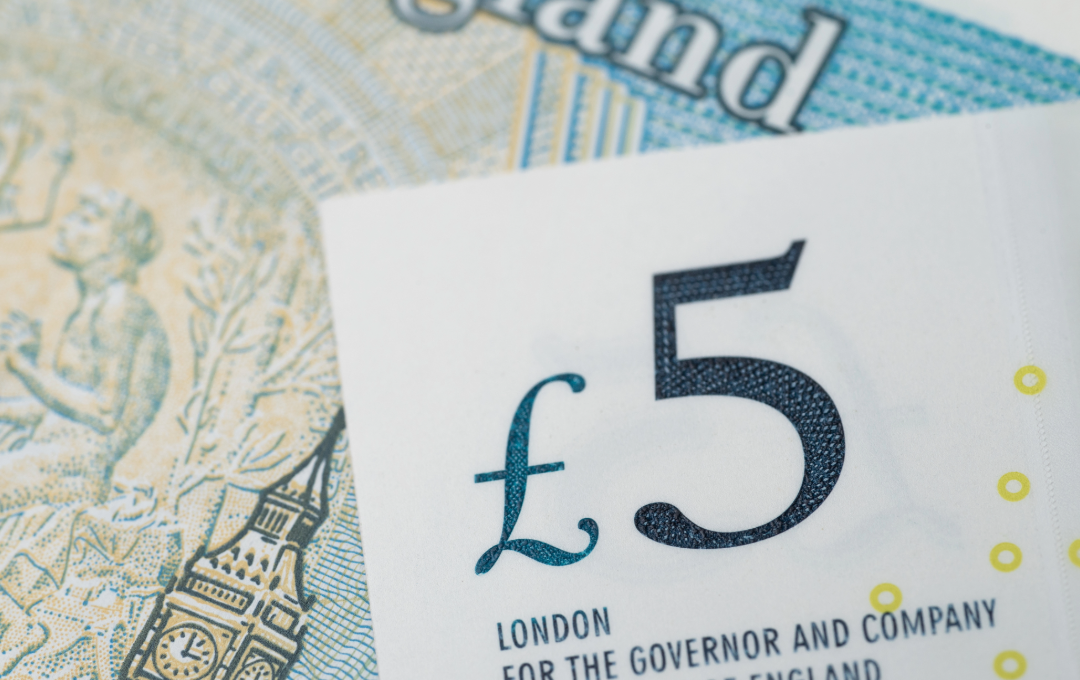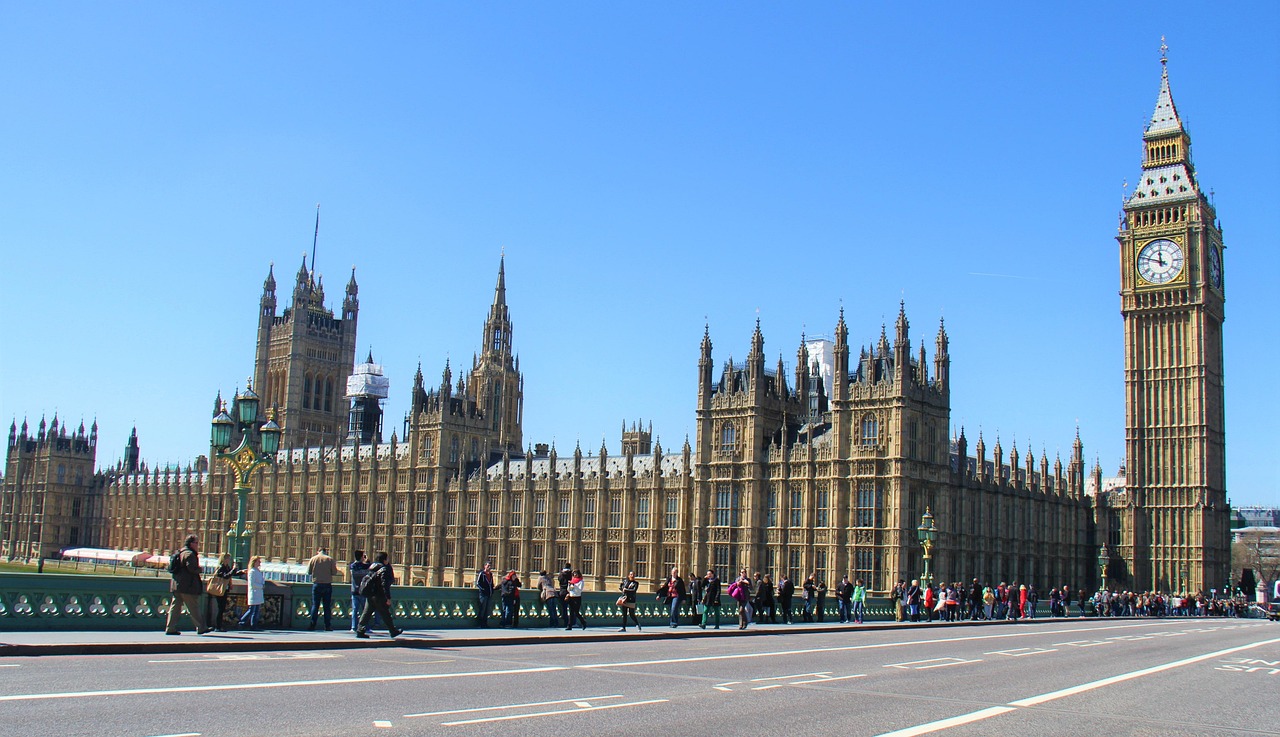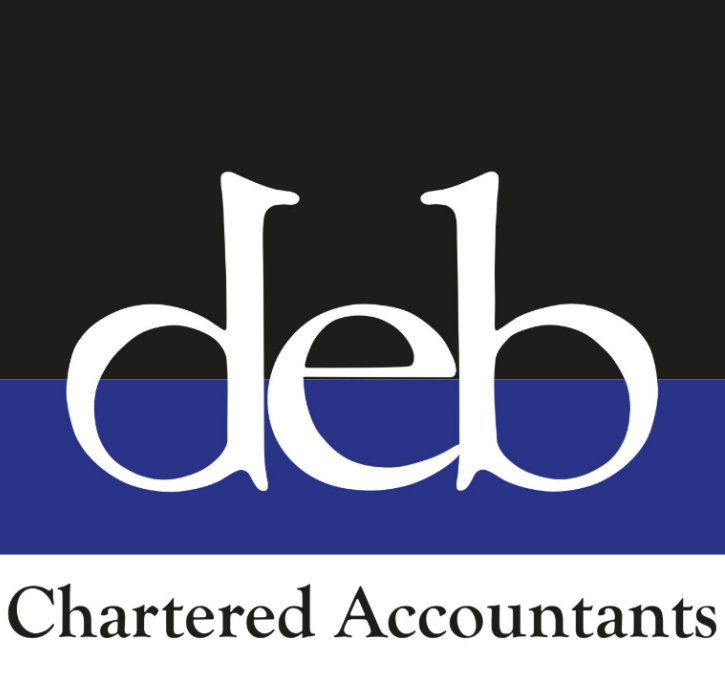
The Office for National Statistics (ONS) have reported that their measure for inflation (Consumer Prices Index) fell to 1.7% for September. This is an unexpected reduction and is the lowest inflation has been in more than three years.
Drops in airfares and petrol were the main reasons for the reduction. The Bank of England targets 2% inflation, so this reduction may allow them to cut interest rates further when they meet in November. There is also some expectation that there could now be a second rate cut in December.
The September inflation figure is an important one since it’s normally used to set how much many benefits increase next April. These include Universal Credit, disability benefits, and carer’s allowance. Lower inflation may lead to lower increases in these allowances.
The drop in inflation may be temporary though, as energy prices increased in October, which may swing the picture once again.
See: https://www.ons.gov.uk/economy/inflationandpriceindices/bulletins/consumerpriceinflation/latest

From April, people drawing the state pension may see an increase of more than £500 a year, thanks to the government’s triple lock guarantee. The policy means the pension rises each year by whichever is higher: 2.5%, inflation, or average wage growth.

Small businesses looking to expand premises could soon find it easier following new government commitments to make business rates fairer. An interim report from the Treasury says that the Chancellor will examine ways to tackle “cliff edges” in the system - sudden jumps in rates that can discourage investment.
